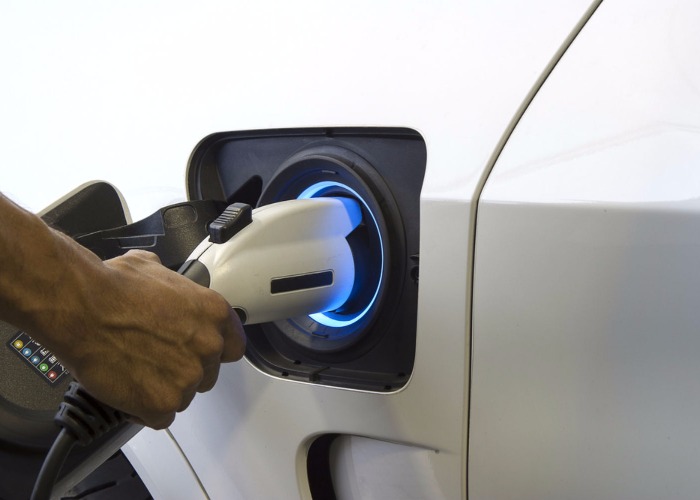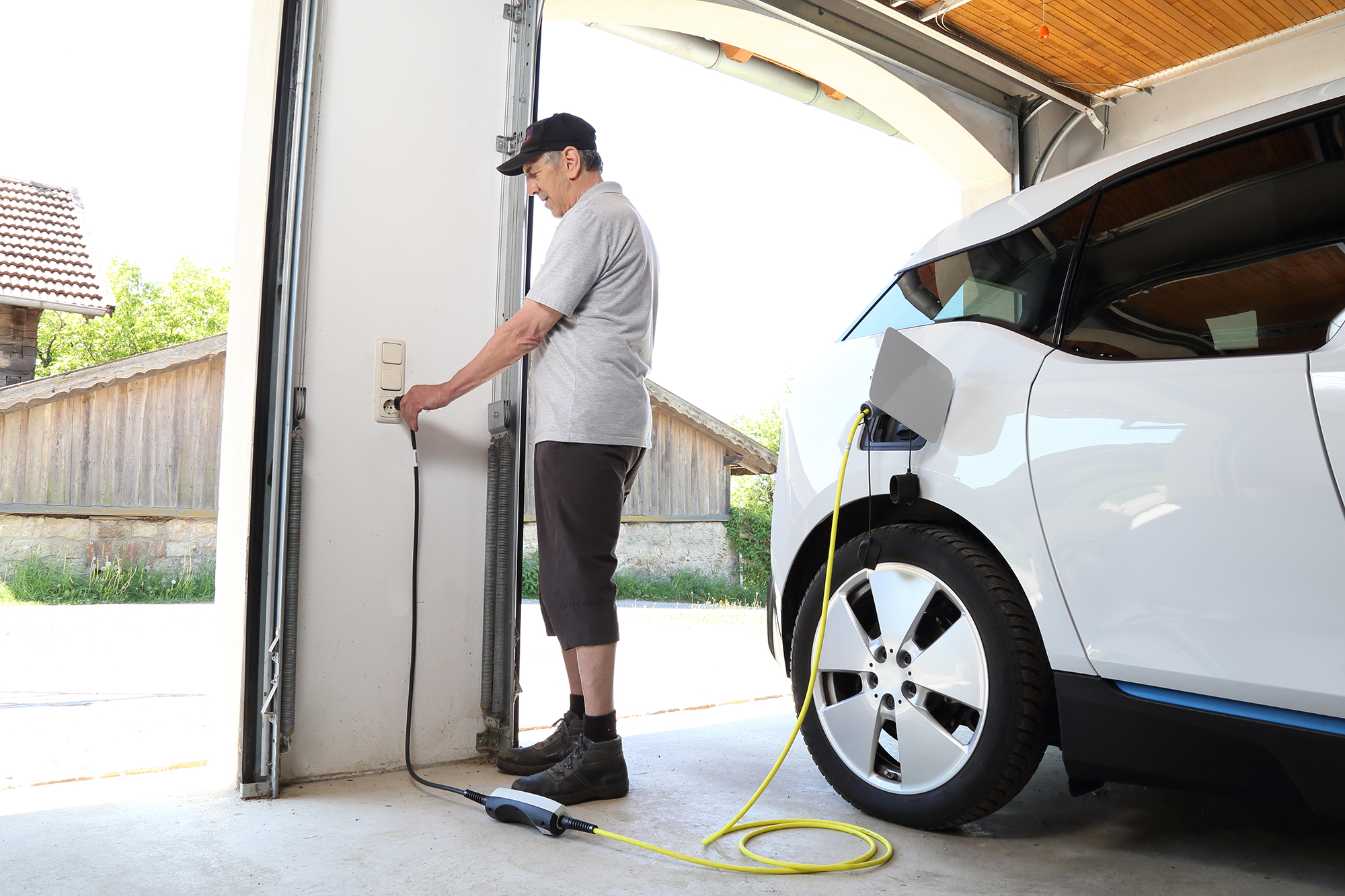Electric cars: will drivers end up paying the price of petrol and diesel ban?

Are we really ready to walk away from petrol and diesel motors within nine years?
The UK Government has brought forward its plans to ban the sale of new petrol and diesel cars to 2030 as part of a new drive to get more ‘green.’
It’s a laudable move from an environmental perspective, as clearly significant action is needed if we are to make an actual difference to climate change.
The trouble is that as a nation we aren’t particularly well prepared, and the risk is that it will be normal people like you and me that end up carrying the can.
How can we tax it?
Moving away from petrol and electric vehicles may be great for the environment, but it won’t be a fantastic thing for the Treasury, at least as things stand.
That’s because of the existing Vehicle Excise Duty (VED), or car tax as it’s more commonly known. The amount you pay is determined by your car’s emissions, and if your car doesn’t emit any CO2 then you don’t have to pay a penny.
Throw in fuel duty and you’re looking at a £40 billion hole in the nation’s finances that will need filling.
According to recent media reports, one idea is to introduce a road pricing scheme, where motorists are effectively taxed based on the roads they use and the miles they cover.
It’s an idea that garnered a withering response from Sir Edmund King, president of the AA, who noted that this sort of idea had been raised “every five years since 1964” and was little more than a “poll tax on wheels” in the eyes of most motorists.
Meanwhile Nicholas Lyes, head of roads policy at the RAC, pointed to its research, which found around four in ten drivers believed some form of ‘pay-per-mile’ system would be fairer than the current tax setup, though they all believe the tax raised from any replacement for the current car tax system should be reinvested back into the road network.
Any sort of road pricing is clearly at the very early stages, and if done properly it could raise the needed funds in a fair way.
That’s a hell of a big if though, isn’t it? With the parlous state of the nation’s finances post-COVID, it wouldn’t exactly be surprising if a full revamp of the way that drivers are taxed meant we ended up paying far more for the benefit.
Rightcharge: electric car price comparison site could save drivers hundreds

Where’s my charger?
Getting everyone to have an electric car is all well and good, but we also need to have the right infrastructure in place to ensure we can actually charge those vehicles.
And we can’t rely on individual households to put these in place, given around a third of households have no dedicated off-street parking space.
Yet we are miles off being able to rely on councils to pick up the baton. A study by the AA asked councils what on-street charging infrastructure they currently have, as well as what plans they have to install more.
Of the 316 councils that responded, a whopping 266 do not have any on-street charging points, with 47 explicitly saying they have no plans to introduce any.
The study also found an awful lot of “finger pointing” in some areas, where roads authorities say it is down to the districts within the county to install chargers, while the districts blame the roads authorities.
Looking more broadly across the country, according to ZapMap there are currently 35,319 public charging points available, with 822 added in the last 30 days. These numbers have grown sharply in the last few years, but clearly it’s nowhere near enough to meet the demands of an entire nation of electric car drivers.
If we are to ditch petrol and diesel cars within a decade, it might be an idea to get a bit of a wriggle on in getting these chargers in place, and pronto.
Save up to £276 on your car insurance with Confused.com
Ready for the surge
And then there’s the question of whether we will actually have the energy in place to cope with a nation of drivers plugging their cars in to charge after work at the same time.
The bosses of National Grid seem relatively positive on this front, with Graeme Cooper, transport decarbonisation director, telling This is Money that he was confident that National Grid was “suitably robust” to cope with the likely spike in demand.
But there remains the challenge of precisely when that demand happens, with Cooper acknowledging that measures like smart chargers, which can boost the amount of charging that takes place at off-peak times, having a key role to play.
Given the absolute farce that has been the rollout of normal energy smart meters, it’s another aspect of this ‘revolution’ that could all too easily turn into disaster.
The cheapest electric cars to insure for young drivers
Getting it right
Ditching new petrol and diesel cars by 2030 is a worthwhile move, and it can absolutely be done properly.
But there’s no escaping the fact that it will take some inventive thinking and tangible investment in the nation’s infrastructure in order to make it work.
The right measures and infrastructure need to be put in place, and quickly, so that we don’t end up with a bunfight for charger access or in a situation where the tax we pay to use our roads ends up having a disproportionate effect on lower income households.
*This article contains affiliate links, which means we may receive a commission on any sales of products or services we write about. This article was written completely independently.
Comments
Be the first to comment
Do you want to comment on this article? You need to be signed in for this feature